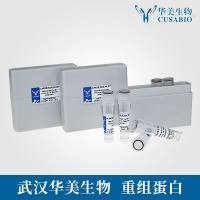Preparation of an Industrial Biocatalyst of Penicillin G Acylase on Sepabeads: Improving the Design of Penicillin G Hydrolysis
互联网
535
The enzyme penicillin G acylase (PGA) is currently employed at an industrial scale in the hydrolysis of penicillin and cephalosporin G. Here, we describe the preparation of a new immobilized preparation of the enzyme that yields derivatives that are very thermostable and resistant in the presence of organic solvents. The stabilization is obtained via a double strategy. First, using a new epoxy support (Sepabeads), a high degree of multipoint covalent attachment is achieved. A threestep methodology is proposed: (1) immobilization on the support at high ionic strength, (2) promotion of an intense multipoint covalent attachment by incubation for a long time at alkaline pH, and (3) blocking hydrophylization of the support surface. These derivatives are more rigid and therefore more resistant to inactivation by both temperature or organic solvents. Second, the contact of the enzyme with the organic solvent molecules is reduced by generating a highly hydrophilic microenvironment using polymers (polyethylenimine, aldehyde-dextran, and sulfate-dextran). The exact protocol for the production of this environment has been found to be critical to achieve the desired results (final derivatives remain active in 90% of organic solvents). This derivative could be used in the hydrolysis of antibiotics even in media fully saturated with organic solvents, making simpler the current processes of production of 6-aminopenicillanic acid (6-APA) or 7-aminodeacetoxycephalosporanic acid (7-ADCA).



![aac抗体aac兔多抗抗体Aculeacin-A acylase large subunit] antibody抗体aac Antibody抗体](https://img1.dxycdn.com/p/s14/2024/0814/160/4688621958755463281.jpg!wh200)


